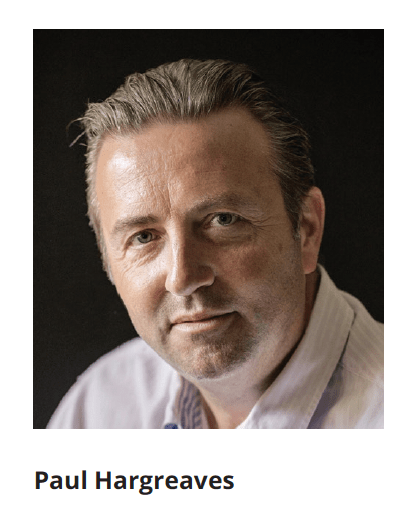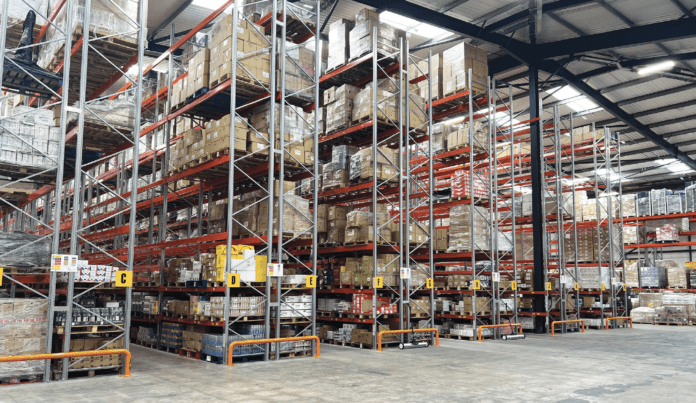Paul Hargreaves is the chief executive of Cotswold Fayre
It’s just over nine years since Cotswold Fayre certified as a B Corp with around 40 other companies forming the early UK B Corp community. There are now more than 2,000 UK businesses certified as B Corp, which represents the fastest-growing community in the world. Many business leaders are now aware of the movement, but let’s remind ourselves what B Corps are, then I will go on to talk about the benefits we have experienced as a wholesaler by being part of this growing community of good businesses.

There are three elements to becoming and remaining a B Corporation:
1. Legally, directors must change their articles of association for the company at Companies House, so the business is legally existing for the benefit of all stakeholders – that’s their workers, their supply chain, the environment, the local community and their shareholders. In the default Companies House articles there is only one group of legal beneficiaries of a business – the shareholders.
2. There is a rigorous assessment process measuring how you benefit the world in five areas – governance, workers, community, environment and customers. You can have a look and run your score at bcorporation.net. For our business with more than 100 workers, the assessment consists of around 230 questions, and there must be evidence to prove everything you say you do.
3. B Corps also produce an impact report every year showing what they have done to benefit the world in those five areas.
As Cotswold Fayre was originally set up as a business to benefit under-served workers, we certified as a B Corp in 2015 without too much change.
One great aspect of the certification is that the standard becomes higher each year, so if you see B Corp as a destination rather than the start of a journey, then you may drop out in later years. The whole certification is completely changing in 2025 to ensure businesses reach a certain level of attainment in eight different areas.
Read more: Cotswold Fayre launches sales reporting service
The second huge benefit of going through the assessment every year – although we are only audited every three years – is to see areas of our business where we are not scoring points, that is to say, where we could do better.
These weaknesses then form part of our annual strategy to improve our social and environmental sustainability. We also unashamedly copy fantastic ideas we see being implemented in other B Corps.
I am frequently asked in interviews how we have benefited as a business through being a B Corp. Often, what the interviewer means is, ‘How have you grown in revenue or profit by being a B Corp?’ I’m not sure this is the right question to be asking, but for most of the past nine years, being part of this community hasn’t attracted customers to us, although that has started to change over the past couple of years.

However, we have experienced several huge benefits. Here are two. Firstly, the B Corp framework has significantly helped us develop our sustainability strategy and articulate our purpose and reason for being far better to our workers, customers and suppliers.
Secondly, and particularly over the past two-to-three years, it has helped us attract much better people to come and work for us. Great people can choose to work wherever they like and are far more likely to want to work for a company that is positively affecting the world.
Wholesalers, whether they know it or not, are in a huge position of influence, as they often have thousands of customers and many hundreds of suppliers, more than most businesses. So, why not use that influence for good? At the start of the Covid-19 pandemic, I counted our B Corp suppliers. There were six. Now, only four- and-a-half years later, we have more than 80. We can’t claim credit for influencing all of them, but many we can, and our sense of purpose has increased knowing that 20% of our supplier base are aligned with us on purpose.
If you have thought about looking at B Corp but have never found time, now might be that moment. What I have come to discover over the past nine years is that putting people and planet before profit not only means running a more fulfilling business, but also that profits often increase, too.








